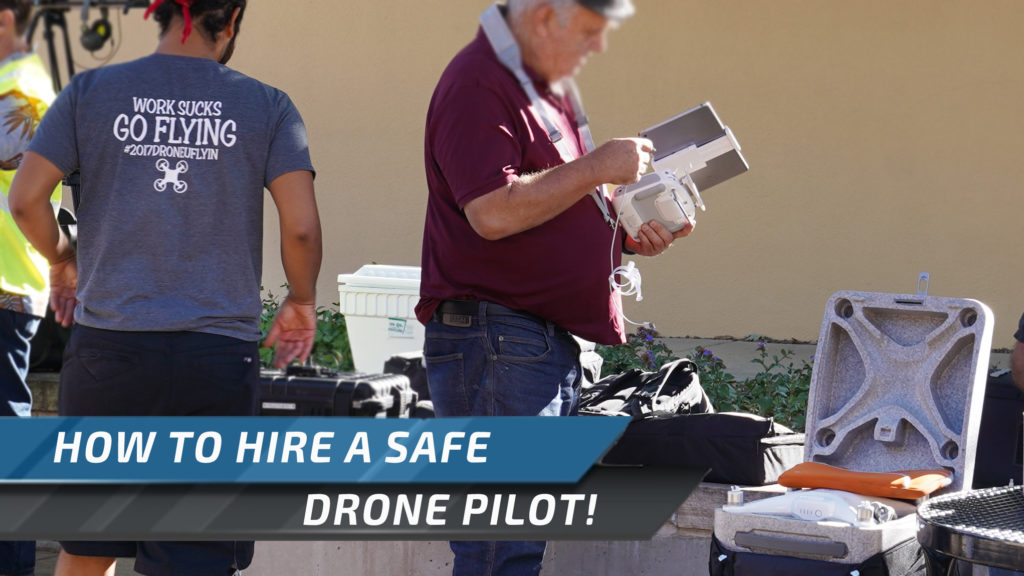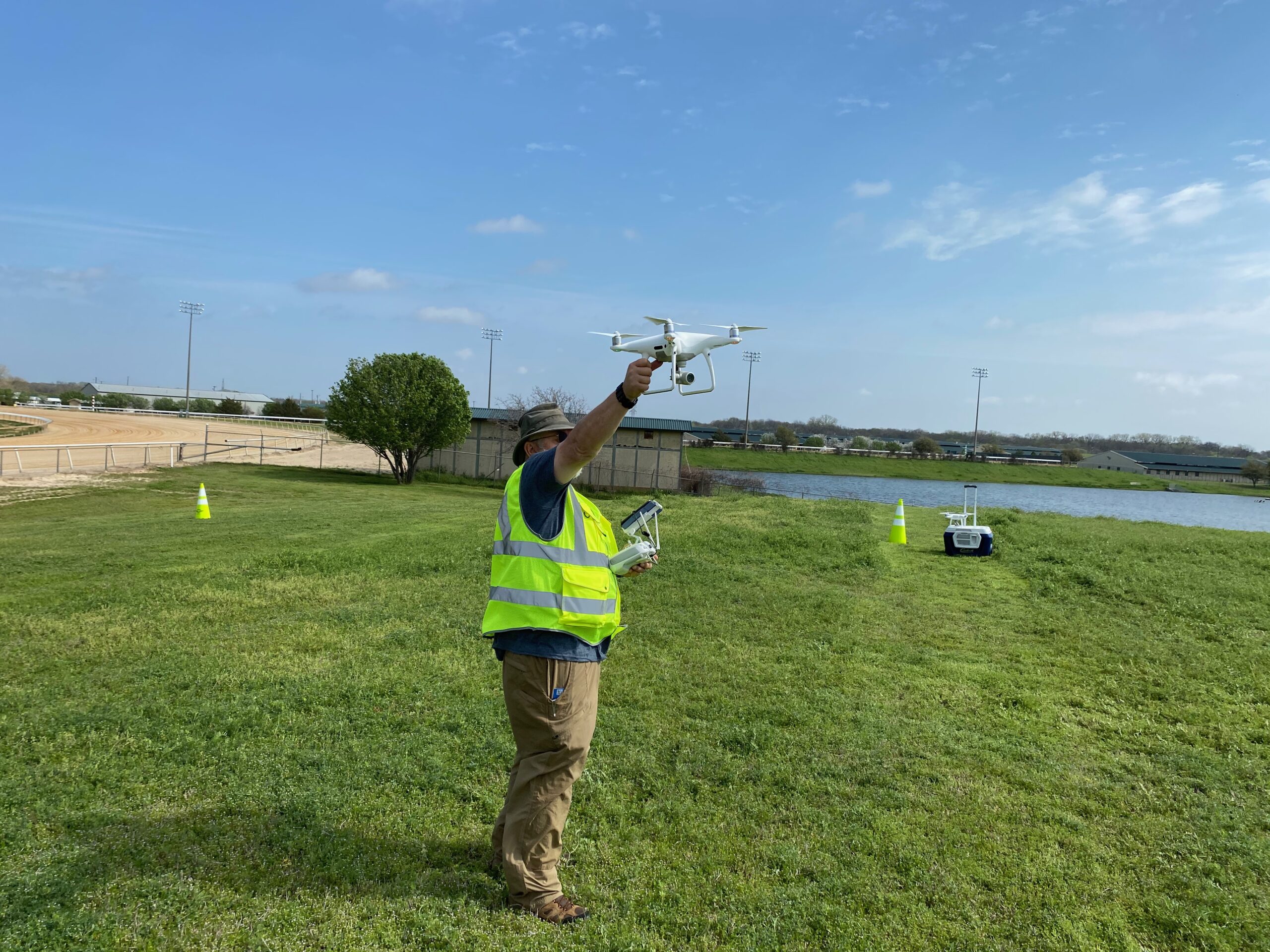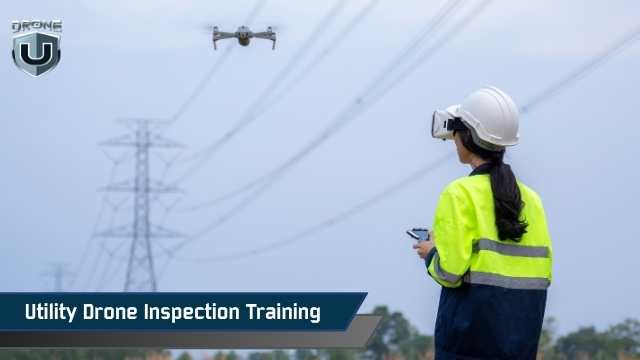How will a manager know if they’re hiring a safe drone pilot? Often times managers and HR do not have aviation or drone experience, how will they know if a pilot will fly safe an reduce liability?
The drone industry has become hot as furloughed employees flock to flight school. New pilots want to learn how to become a drone pilot. While the industry is seeing an influx of new pilots, it is becoming more difficult for companies to know how to vet a drone pilot. Experienced drone pilots know that learning to pass the Part 107 exam, is just the first step. Unfortunately the FAA Part 107 exam does not teach pilots how to fly or operate the drone.
Staring your drone career can be really exciting! Businesses are hiring drone pilots at a record pace recently. Pair excited pilots with uneducated managers and you have a recipe for disaster. Managers have been asking Drone U to come up with a quiz to vet drone pilots. Managers wonder how to know if a drone pilot can actually fly safe? Will managers be able to learn how to vet drone pilots, when the manager can’t fly themselves? Not to worry, this quiz will help managers hire the right drone pilot.
Pilots provide value during Coronavirus Challenges
Drone pilots offer the ability to reduce contact between employees and customers. Social distancing made easy should be a name of a drone company. Pilots can even revolutionize the way we go about business normally. Record numbers of companies are hiring drone pilots. From helping companies plan and work in remote environments, to performing inspections and insurance adjustments. Drones are even revolutionizing how we digitize our inventories in warehouses.
Managers and executives struggle between hiring a drone-service-provider (DSP) or creating a drone program themselves. As the coronavirus has made team development nearly impossible, companies are hiring DSP’s at a record rate. While drone pilots are excited to take on new jobs, they struggle to keep them. Experienced drone pilots are taking half completed jobs almost weekly. How are new drone pilots getting hired over experienced ones?
Now companies are tired of wasting time and money. They want to hire drone pilots who reduce liability, consistently deliver and communicate respectfully. Recently, at Drone U, we have been receiving numerous questions regarding how to vet drone pilots. The most common question is “how do you know if the drone pilot is really capable of the job?” Will we have a way to know if they’re actually flying safe? Will the team know if a drone pilot is limiting liability and not creating more liability?
How to properly vet a drone pilot.
Disaster will strike every drone pilot. How will you know if the drone pilot has been trained on avoiding disaster? How can a drone pilot prove they fly safe? Albeit, Without giving away our secret sauce, we developed a quiz to help employers who are planning to hire drone pilots. Find that quiz here:
The quiz offers specific questions that would have known answers from qualified and experienced drone pilots. The questions aren’t specific to a style of training. If a drone pilot has enough experience, they should be able to answer these questions easily. Before you hire a drone pilot, make the pilot take this quiz. If the pilot does not receive a score of 80% or more, the pilot may be over-exaggerating their skill set.






Add Your Comment